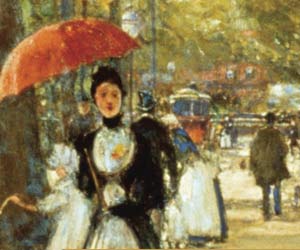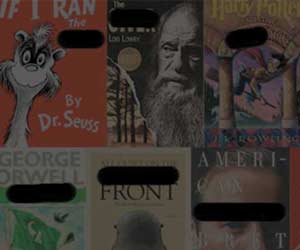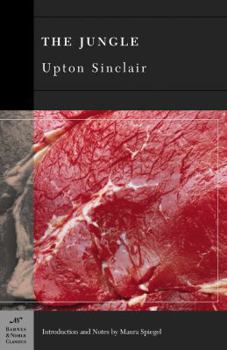The Jungle
Select Format
Select Condition 
Book Overview
&&LDIV&&R&&LDIV&&R&&LDIV&&R&&LI&&RThe Jungle&&L/I&&R, by &&LSTRONG&&RUpton Sinclair&&L/B&&R, is part of the &&LI&&R&&LI&&RBarnes & Noble Classics&&L/I&&R &&L/I&&Rseries, which offers quality editions at affordable prices to the student and the general reader, including new scholarship, thoughtful design, and pages of carefully crafted extras. Here are some of the remarkable features of &&LI&&RBarnes & Noble Classics&&L/I&&R: &&LDIV&&RNew introductions...
Customer Reviews
Excellent
A very important work for understanding our past and our future
The Jungle- Upton Sinclair
Academicians, Go Away!
A graphic novel that turns "The Jungle" back into a call for socialism
Captures the essence but not the power of Sinclair
Unrelenting exposé of the capitalist meatgrinder
The Jungle Mentions in Our Blog


Okay, maybe we can’t eliminate censorship (yet...#goals), but we can celebrate Banned Books Week with gusto by reading all of the stories that someone (or someones) tried to silence, destroy, or restrict access to. Here are 50 of the most frequently banned and/or most recently challenged books, along with the "who, why, and how" of literary censorship in America.





